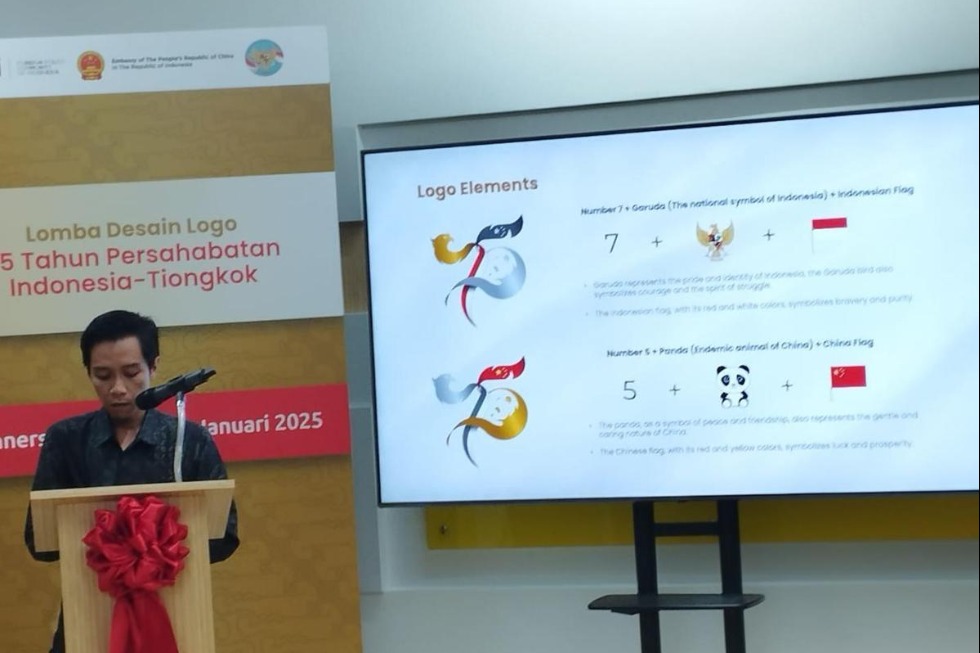More risks for overseas investments


The COVID-19 pandemic and geopolitical uncertainties and instability spell more risks for Chinese companies' overseas investments, according to the Handbook of Country Risk 2021.
The annual report was issued on Tuesday by the China Export and Credit Insurance Corporation, or Sinosure. First launched in 2005, the report has served as a reference for Chinese companies seeking to invest overseas.
According to the report, global political risks are unlikely to be reduced quickly in 2022, with conflicts and confrontations in some regions persisting or intensifying, which could lead to a rise in global risk levels.
Moreover, the world's economy is experiencing difficulty recovering from the pandemic. The report predicts that global economic growth will reach 4.7 percent in 2022, down one percentage point from 2021, and may fall to 3.3 percent in 2023.
"Only about 60 percent of countries recovered to their pre-pandemic economic levels in 2021, and about 20 percent are not expected to recover to that level even in 2022," said Yin Yanhui, assistant president of Sinosure. "The internal driving force for future world economic growth is relatively insufficient."
Moreover, developed countries such as the United States have a faster rate of vaccination and their pace of economic recovery is relatively quicker. On the other hand, some developing countries find it difficult to achieve an economic recovery as they face problems such as vaccine shortages and an imbalance in fiscal revenue and expenditure, Yin said.
As the world economy has yet to fully recover in 2021, the report stated that global debt will remain at a high level, and the ratio of public debt to GDP is expected to exceed 100 percent in 2022.
Developed countries such as the US and those in Europe are expected to see substantial improvement in their fiscal situations, with reduced financing needs and a steady decline in their debt burden.
However, emerging economies will continue to run large fiscal deficits, face great as financing pressure and their debt burden may continue to rise.
Tian Dewen, deputy director of the Institute of European Studies at the Chinese Academy of Social Sciences, said there are profound changes taking place in the global arena and different policies on epidemic prevention and control among countries, which could bring different prospects for economic recovery and country risks. Thus, Chinese companies need to fully understand a country's political and economic situation before making overseas investment decisions.

































